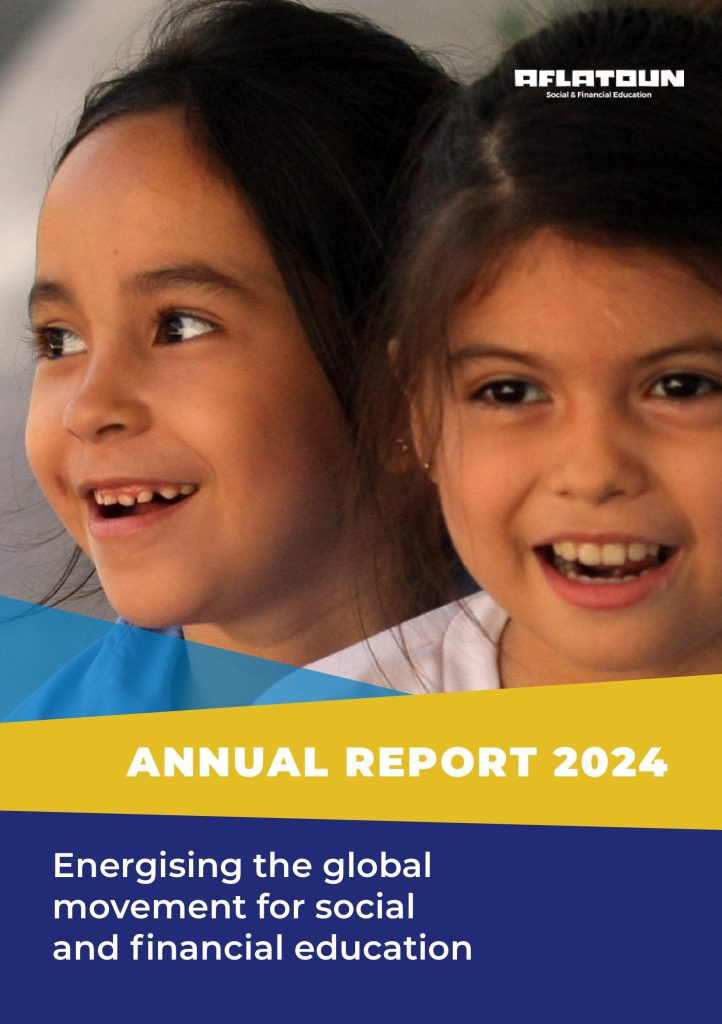Financial education and financial inclusion are critical elements in achieving the Sustainable Development Goals (SDGs). Financial education, as a public good[1], provides people with the knowledge and skills needed to make informed financial decisions, while financial inclusion ensures that all people, regardless of income or social status, have access to financial services and products. As societies become increasingly complex, new social and economic challenges require including policy and programmatic solutions with greater emphasis on these elements. According to the S&P FinLit 60 Survey, only 35% of people between the ages of 15 and 34 worldwide are financially literate. In the Ecuadorian case, only 30% of adults are financially literate[2]. The results of the Ecuador 2020 Skills Survey show that “despite the fact that the majority of Ecuadorians claim to be familiar with concepts such as inflation, interest rates and the distribution of money, there are difficulties in putting these concepts into practice, with lower performance in rural areas and at lower socioeconomic levels”.
In the case of the younger segment, according to World Bank data[3], only 56% of 15-year-olds in high-income countries are financially literate, and globally, 54% of 15-24 year-olds lack access to a bank account, increasing the likelihood of financial exclusion. This exclusion can lead to additional challenges related to child labor, violence, HIV infection and limited access to relevant and quality education.
In this context, social and financial education for Ecuadorian children and youth becomes even more relevant. When a young person is socially and economically empowered, he or she has the skills to determine his or her own future and can better face the challenges he or she faces.
This complementary relationship between social and economic empowerment is evident in other aspects of child and youth development, including access to education, health, sexual and reproductive rights, and sustainable livelihoods, among others. Empowerment, coupled with access to appropriate financial services, has a positive impact on children and youth: they take better advantage of leadership opportunities, become active citizens and improve their personal financial behaviors. These results are reinforced when young people are able to put their learning into practice through entrepreneurship or access to appropriate financial services.
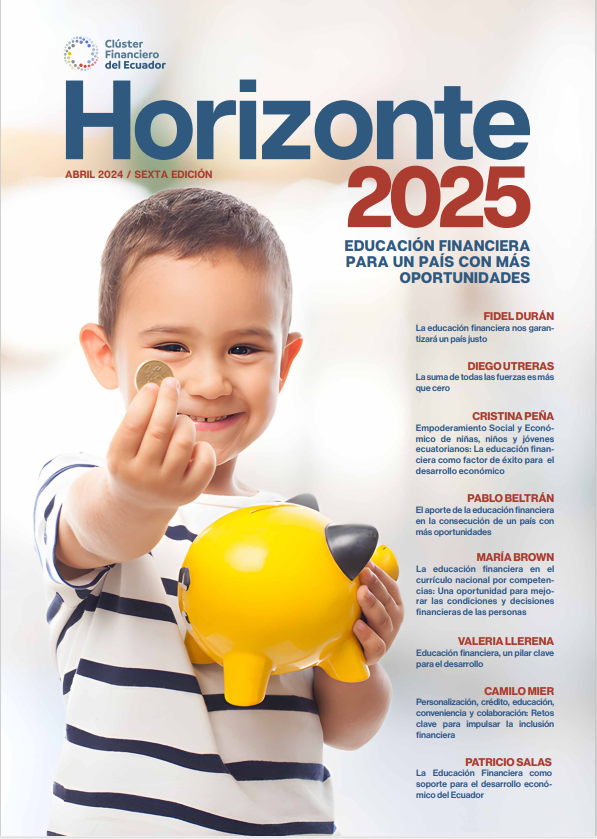
Similarly, as young people develop these skills, their ability to manage risk and maintain adequate financial health over the long-term increases.
Incorporating social and economic components into education makes learning more relevant. For example, Aflatoun’s social and financial education program for 14- to 18-year-olds, Aflateen, has reached more than two million young people in 75 countries. Participants stay in school longer and develop practical skills and responsible behaviors that help them overcome challenges, capitalize on economic opportunities and prepare for their future[4].
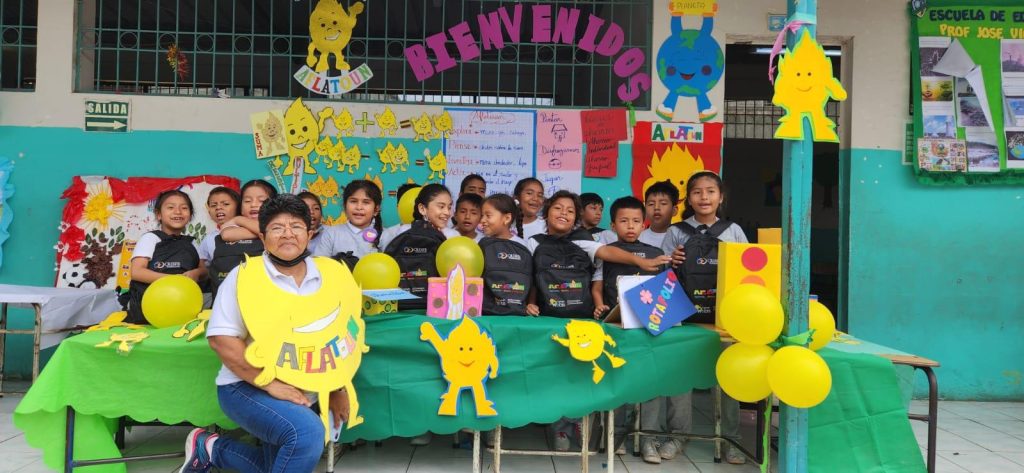
Moreover, focusing on the social and economic empowerment of children and youth promotes the achievement of the Sustainable Development Goals: Accumulated savings and responsible financial behaviour help reduce the impact of economic crises. Socially and economically empowered youth substantially reduce corruption and bribery in all its forms. In addition, economically empowered girls and young women have the skills and capacity to demand and seize leadership opportunities.
Recommendations to national policy makers and private sector entities[5] include integrating financial and social education into the national curriculum and working with financial service providers to ensure that all children have access to fair, safe, age-appropriate financial and banking services that meet their needs. Successful national initiatives depend on strong partnerships between local and international civil society, government authorities, educational institutions, private sector entities and financial service providers.
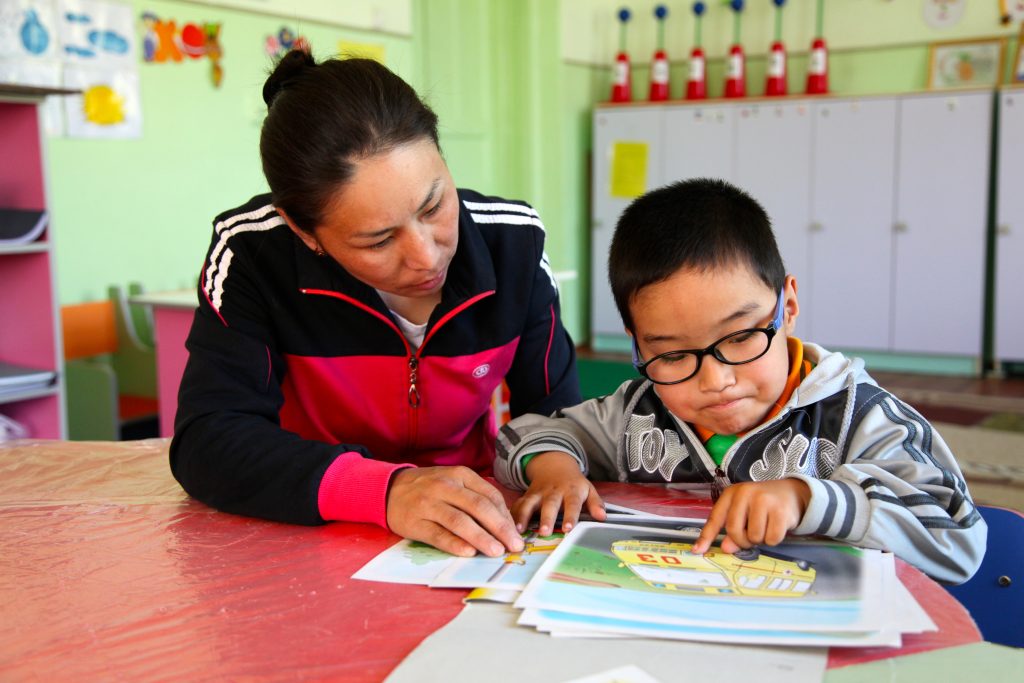
In addition, to maximize the reach, effectiveness and impact of strategies, children and youth need to be involved in all stages of their design, implementation and evaluation. For example, linking educational programs with central banks and financial service providers can provide a catalyst for financial inclusion, while ensuring that financial learning is balanced with social values. This will increase asset accumulation, reduce poverty, facilitate lifelong learning, increase economic opportunities, reduce inequalities, and promote peaceful and inclusive societies for current and future generations.
It is the responsibility of all international organizations, government authorities, corporate entities, and organizations that serve children and youth to implement policies and practices that enable young people to become more socially and economically empowered citizens. National policymakers and leaders in the private sector, educators, international organizations, and civil society have a responsibility to adopt appropriate measures and implement evidence-based strategies to help children and youth develop the skills and behaviors necessary to take control of their lives and contribute actively and positively to their communities.
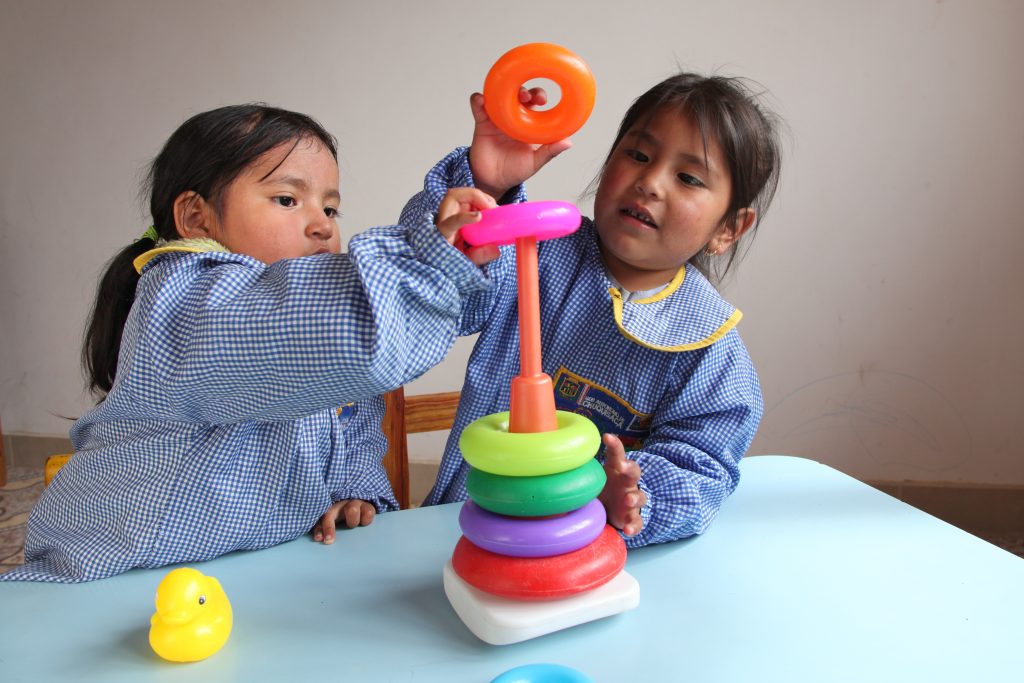
[1] According to the OECD, financial education is a public good by nature – OECD 2014
[2] Retrieved from: https://gflec.org/wp-content/uploads/2015/11/Finlit_paper_16_F2_singles.pdf
[3] The Global Findex Database. World Bank. https://globalfindex.worldbank.org/
[4] Aflatoun International (2017), Effectiveness and Sustainability of Social.
[5] Aflatoun (2017)
- Financial Health: An Introduction For Financial Sector Policymakers,” UNSGSA Financial Health Working Group, 2021.
- Arbache, J., Mejía, D., Carrera Vaca, C., Chávez Torres, A., Valladares Borja, E., Torrasano, D.,& García, A. F. (2020).
- Financial capability measurement survey: Ecuador 2020. CAF- development bank of Latin America and the Caribbean. https://scioteca.caf.com/handle/123456789/2205
- Boli, J., Ramirez, F.O., & Meyer, J. W. (1985).
- CAF Development Bank of Latin America. 2020. Determinants of Financial Well-Being: Evidence for Latin America. https://scioteca.caf.com/bitstream/handle/123456789/1617/Determinantes_del_bienestar_financiero_evidencia_para_Ame%cc%81rica_Latina.pdf?sequence=8&isAllowed=y
- Exploring the social and economic empowerment of children and youth: six evidence-based strategies, Aflatoun International, 2019.
- Lusardi, M. et al. “Financial Literacy Around the World.” World Bank Development Research Group, The George Washington University School of Business https://gflec.org/wp-content/uploads/2015/11/Finlit_paper_16_F2_singles.pdf
- Inkasz, D. (2022). The use of learning assessment test results in educational policy planning: The cases of six countries in the region. IIPE UNESCO.
- The Global Findex Database. World Bank. https://globalfindex.worldbank.org/
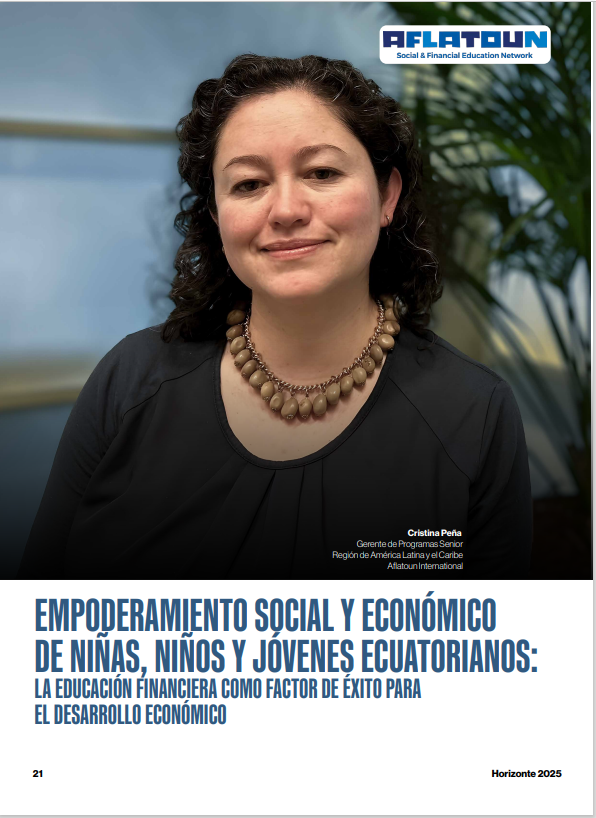
Written by:
Cristina Peña
Senior Programme Manager at Aflatoun International for Latin America and the Caribbean Region.

